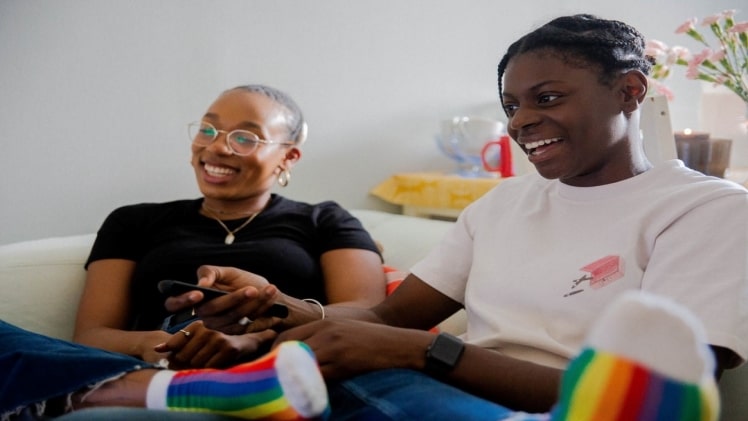Anxiety and depression are two of the most common mental health conditions. They can affect anyone, regardless of age, race, or sexual orientation. Both anxiety and depression can cause intense feelings of sadness, hopelessness, and worthlessness. They can also lead to problems with concentration, sleep, and appetite.
For LGBTQ+ people, anxiety and depression can be exacerbated by the stress of discrimination and prejudice. They can also be caused or worsened by experiences of rejection or violence. Continue reading to learn more about these conditions and how those who identify as LGBTQ+ can find some relief.
Is there treatment tailored to LGBTQ+ individuals?
People who identify as LGBTQ+ can experience unique challenges when it comes to mental health. Additionally, LGBTQ+ people may feel uncomfortable discussing mental health concerns with traditional service providers, such as therapists or doctors.
Fortunately, there are specialized mental health services available for LGBTQ+ people. These services often employ LGBTQ+-friendly therapists who are equipped to address the specific needs of this community.
If you are experiencing anxiety or depression and you identify as LGBTQ+, it is important to seek out LGBTQ therapy with a mental health provider who understands your experiences and can provide tailored support.
What’s one of the best ways to cope?
Pursuing a field you have an interest in, like esthiology instructor training, is a great place to start. The following are just a few benefits of following your passions, particularly for those who identify as LGBTQ+:
It can help you feel more connected to yourself and your community. When we do things we’re passionate about, it can help us feel more connected to ourselves and our community. This is especially true for LGBTQ+ people, who can often feel isolated or misunderstood. Doing things we love can help us feel more supported and connected to other queer people, which can be really important for our mental health and well-being.
It can help you feel more empowered. Pursuing our passions can help us feel more empowered and in control of our lives. This is especially important for LGBTQ+ people, who often face discrimination and oppression. When we do things we love, it can help us feel stronger and more capable of dealing with challenges we might face.
It can help you feel happier and more fulfilled. Doing things we’re passionate about can help us feel better about each day. When we do things we love, it can help us feel more positive and satisfied with our lives.
Where can I find more information about anxiety and depression in LGBTQ+ people?
There are many resources available to help LGBTQ+ people manage anxiety and depression. There are also a number of websites that provide information and resources specifically for LGBTQ+ people who are struggling with anxiety or depression. Some of these websites include:
The Trevor Project: This website provides resources for LGBTQ+ youth, including information on anxiety and depression.
The National Center for Lesbian Rights: This website provides information and resources for LGBTQ+ people of all ages, including information on anxiety and depression.
GLAAD: This website provides information on LGBTQ+ issues, including information on anxiety and depression.
Gay and Lesbian Health: This website provides information on LGBTQ+ health issues, including information on anxiety and depression.
What are some unique causes of anxiety and depression in LGBTQ+ people?
There are many unique causes of anxiety and depression in LGBTQ+ people. Some of these causes include discrimination and prejudice, social isolation, lack of acceptance and support, and feeling like you have to hide who you are.
LGBTQ+ people may also experience anxiety and depression due to unique factors related to their sexuality or gender identity. For example, transgender people may experience discrimination and violence at higher rates than cisgender people. LGBTQ+ people may also experience anxiety and depression due to the stress of coming out or dealing with homophobia and transphobia.
Fortunately, both anxiety and depression can be treated, even in those who identify as LGBTQ+. Treatment may include LGBTQ+ therapy, medication, or a combination of the two. It is important to seek help if you are struggling with either condition.

